Rights Class 11 Political Science
| Table of contents |

|
| Introduction |

|
| What are Rights? |

|
| Where do Rights come from? |

|
| Legal Rights and The State |

|
| Kinds of Rights |

|
| Rights and Responsibilities |

|
| Conclusion |

|
Introduction
- In a democracy, we have rights like voting, forming political parties, and running for office.
- Beyond political and civil rights, people now demand rights such as access to information, clean air, and safe drinking water.
- Rights apply not only to political and public life but also to social and personal relationships.
- Rights can be claimed for adults, children, unborn fetuses, and even animals.
- The concept of rights is used in various ways by different people.
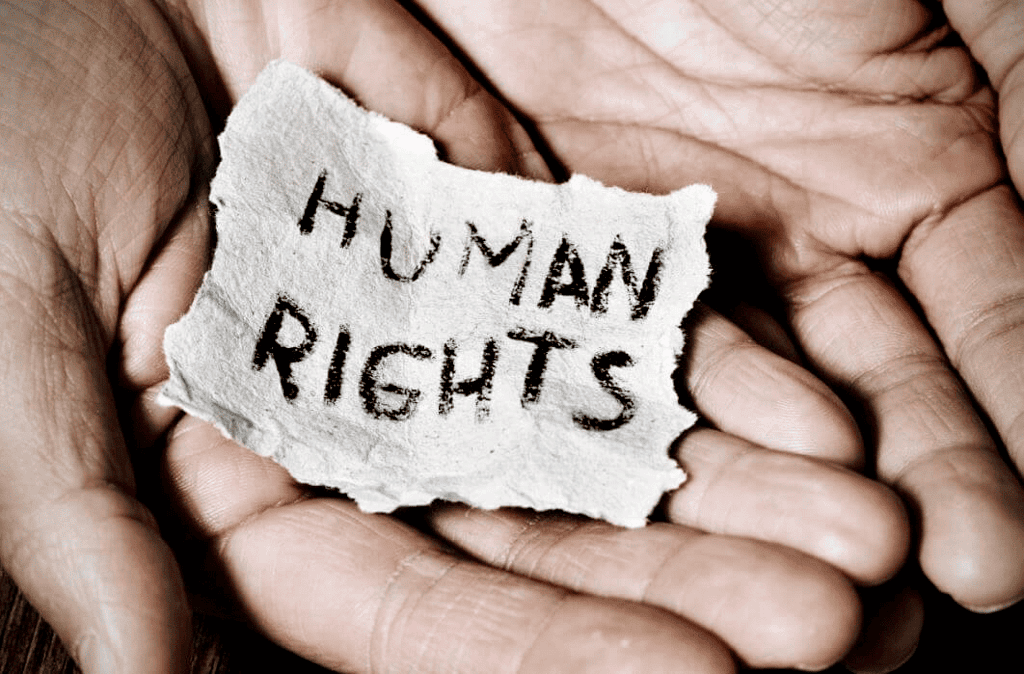
What are Rights?
- Rights are entitlements or justified claims that indicate what we are owed as individuals and members of society.
- Not everything that is desired or considered necessary qualifies as a right.
- Rights are essential for living a life of respect and dignity and are grounded in collective recognition of these needs.
- Examples of fundamental rights include the right to livelihood and freedom of expression, which are universal and vital for personal and societal functioning.
- Rights contribute to well-being and personal development, such as through education.
- Activities harmful to health or well-being, such as drug use or smoking, cannot be considered rights.
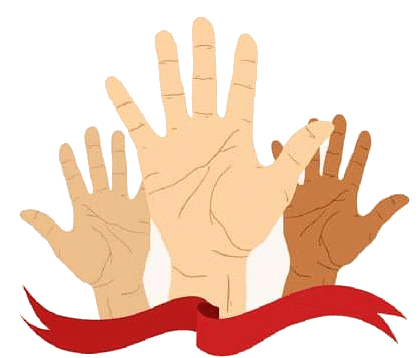
Where do Rights come from?
Political theorists in the seventeenth and eighteenth centuries argued that God's nature bestows rights on us. They claimed to have derived them from natural law. This meant that rights are not bestowed by a ruler or society; rather, they are bestowed upon us at birth.
There are three natural rights identified by the early political theorists:
- Right to Life
- Right to liberty
- Right to property.
All the other rights were said to be derived from these basic rights.
- The idea that we are born with certain rights is a powerful one because it implies that no state or organisation has the authority to take away what nature has bestowed upon us.
- The term "human rights" has become more popular in recent years than "natural rights." This is because the idea of natural law, or a set of norms established by nature or God, appears to be unacceptably radical today.
- Human beings are increasingly seeing rights as guarantees that they seek or achieve in order to live a minimally good life. Existing inequalities based on race, caste, religion, and gender are increasingly being challenged using this concept of a free and equal self.
- Oppressed people all over the world have used the concept of universal human rights to challenge laws that segregate them and deny them equal opportunities and rights. As societies face new threats and challenges, the list of human rights that people have claimed has grown.
- People are increasingly aware of the need to protect the natural environment, which has resulted in calls for rights to clean air, water, and long-term development.
Legal Rights and The State
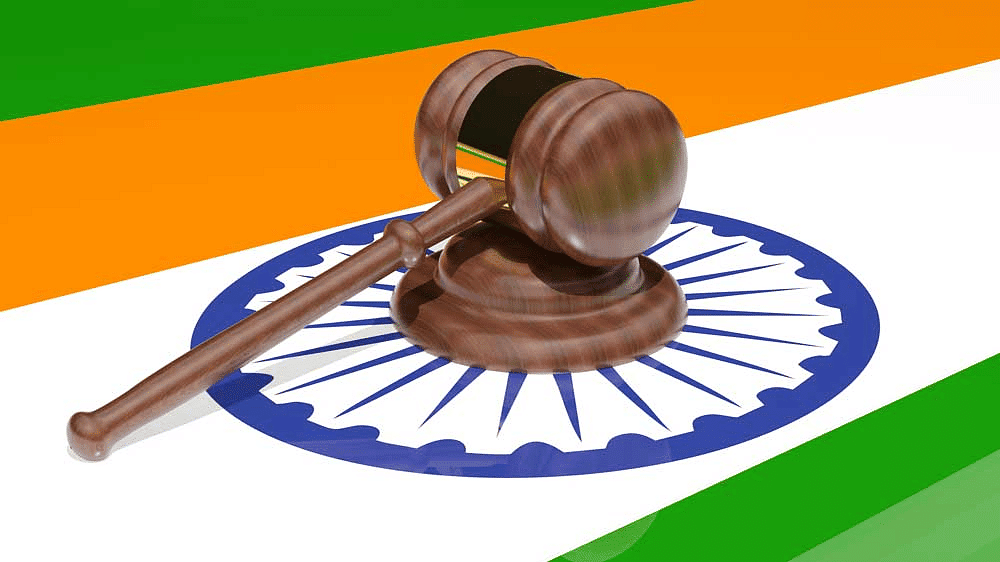
Claims for Human Rights:
- The claims for human rights appeal to our moral self.
- Success depends on government support and legal recognition.
Legal Recognition:
- Crucial for the protection of rights.
- Many countries have a Bill of Rights enshrined in their constitutions.
- Constitutions are the highest law, giving rights primary importance.
- In some countries, these are called Fundamental Rights.
Constitutional and Legal Framework:
- Other laws and policies respect the rights granted in the Constitution.
- Rights are considered basic and may be influenced by historical and cultural contexts.
- Example: In India, the Constitution bans untouchability to address traditional social practices.
Evolution of Rights:
- Legal endorsement gives rights a special status.
- Rights are not solely based on legal recognition but have evolved to include previously excluded groups.
- Reflect contemporary understandings of dignity and respect.
State's Role in Rights:
- Rights often involve demands upon the state.
- Example: The right to education requires the state to provide basic education.
- While society (e.g., schools, scholarships) can contribute, the state holds the primary responsibility.
Obligations on the State:
- Rights dictate what the state must do (e.g., protect the right to life) and what it must not do (e.g., unjustly restrict liberty).
- Examples:
1. The right to life obliges the state to protect individuals from harm and ensure a good quality of life.
2. The right to liberty requires the state to justify actions like arrests and respect judicial oversight.
Purpose of Rights:
- Rights ensure that state authority is exercised without violating individual life and liberty.
- The state's primary purpose is to serve the well-being of its people.
- Rulers must be accountable for their actions.
Kinds of Rights
Political Rights
- Most democracies start by establishing a charter of political rights.
- These rights include equality before the law, the right to vote, elect representatives, contest elections, and form or join political parties.
- Civil liberties, such as the right to a free and fair trial, freedom of expression, and the right to protest, supplement political rights.
- Political rights are foundational for a democratic system and protect individual well-being by ensuring government accountability, prioritizing individual concerns, and allowing influence over government decisions.
Economic Rights
- Political rights are more meaningful when basic needs (food, shelter, clothing, health) are met.
- Democracies increasingly recognize economic rights to ensure that individuals can meet their basic needs, including state-provided housing, medical facilities, and minimum wages.
- Examples include state support for low-income citizens and employment guarantee schemes like those recently introduced in India to assist the poor.
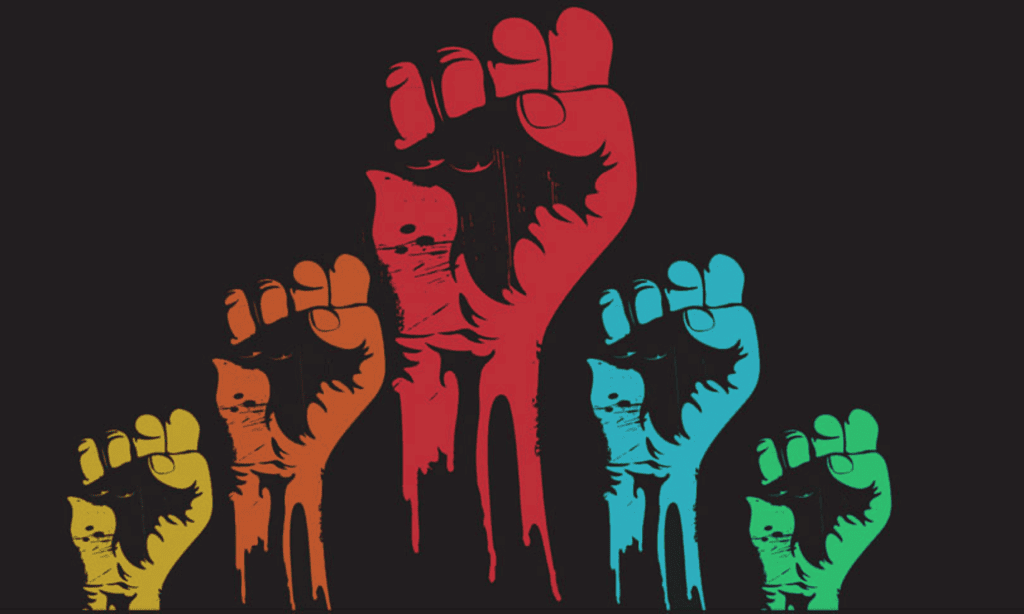
Cultural Rights
- Modern democracies are recognizing cultural claims, such as the right to primary education in one's mother tongue and the establishment of institutions for teaching one's language and culture.
- The list of recognized rights has expanded, with cultural rights being acknowledged alongside basic rights like life, liberty, and political participation.
Rights and Responsibilities
- Rights impose obligations not only on the state to act in certain ways, such as ensuring sustainable development, but also on individuals to contribute to the common good.
- Individuals must act to protect common goods like the ozone layer, air and water quality, green cover, and ecological balance for current and future generations.
- Exercising one’s own rights, such as freedom of expression, requires respecting others' rights. This means not interfering in others' choices and not using rights to harm others or incite violence.
- Rights can come into conflict and must be balanced. For example, the right to freedom of expression must be balanced against the right to privacy.
- Citizens must be alert to limitations on their rights, especially when governments impose restrictions for national security. Such restrictions must not become a threat to civil liberties.
- It is crucial to assess whether restrictions imposed for security reasons are justified and whether they respect legal rights. Even those arrested should have access to legal counsel and the opportunity to present their case.
- Be cautious of government powers that could undermine civil liberties and the well-being of individuals. Rights may not be absolute, but protecting them is essential for a democratic society.
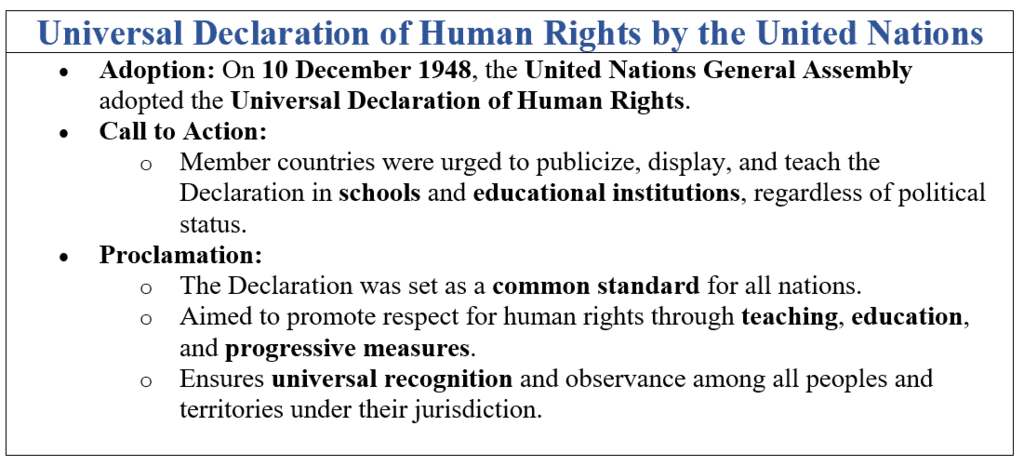 Universal Declaration of Human Rights by the United Nations
Universal Declaration of Human Rights by the United Nations Conclusion
Rights are not just abstract concepts; they are powerful tools that shape our interactions with the state and each other. They impose responsibilities on both individuals and governments to ensure a just and equitable society. By balancing personal freedoms with respect for others and remaining vigilant against encroachments on our liberties, we uphold the principles that underpin democracy and safeguard a future where rights continue to foster dignity, equality, and well-being for all.
|
44 videos|392 docs|50 tests
|
FAQs on Rights Class 11 Political Science
| 1. What are legal rights and how are they different from moral rights? |  |
| 2. Where do rights come from according to the article? |  |
| 3. How does the state play a role in protecting legal rights? |  |
| 4. What are some examples of different kinds of rights mentioned in the article? |  |
| 5. How are rights and responsibilities interconnected? |  |
















